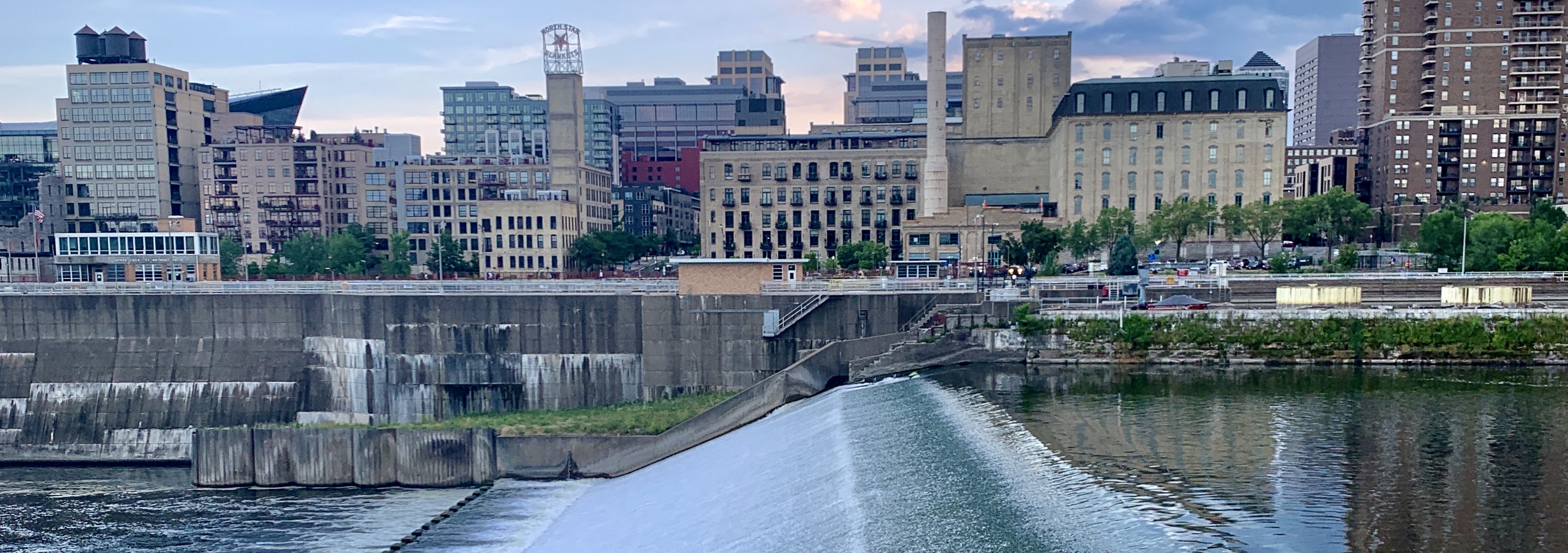


|
||

|
||
WHAT CAN I DO? |
||
|
Most important, align you're spending with your values. Buy the things that are important to you, like fair wages for workers, healthy land use, beauty. Go ahead and write down the values that govern your interactions with people and the world and then buy more of these values. Actually buy your values by supporting the companies that see the world the way that you see it. Companies use OUR money to recreate the world according to THEIR vision. The average American's carbon dioxide (CO2) output is around 20 tons per year. HALF of that is your car. Anything you can do to reduce car miles is reducing your impact. Energy reduction has the added benefit of reducing the resources available to the fossil fuel industry, reducing their ability to use our money to reshape the world according to their vision. If you're already carless, eat less meat. Vegetables require far less energy to produce than meat products. After this, reducing your personal carbon footpring is splitting hairs. Check out The Math to see the break down. Now, 20 tons of CO2 emissions per year is nothing to sneeze at, but the real impacts can be made on the community level. First thing for anyone to do here is to align your spending with your values. Stop sending your money to the fossil fuel industry (gasoline, plastic, electricity, heating and cooling). Shop alternatives. Reduce car trips. Ride mass transit. Bike. Walk. Or, when you can, buy an electric car. Just do as much as you can to stop the supply of money to the fossil fuel producers. Let's move resources to the companies that take responsibility for our wellbeing. Next, work to change the rules. Buildings are responsible for about 40% of all greenhouse gas emissions (GHG) (source). 1/4 of this impact occurs in construction. This means that almost 1/3 of our GHG emissions are created by the operation (heating, cooling, lighting, etc.) of our homes, offices, and production and sales facilities. Increasing building code standards to make our energy systems more efficient (which is little more than adding insulation) will mean incredible carbon and dollar savings when it comes to heating and cooling our buildings. To make this happen, call your city council person's office and let them know you support stricter building codes to reduce energy consumption. Build beyond code even if the inspector isn't making you. Building codes are the minimum accepted building standard. And going beyond often pays for itself many times over, especially when it comes to energy costs. Listen, subscribe, and RATE your favorite climate change podcast. This really helps get the message out to new people. Tear out your lawn! Plant native grasses with DEEP ROOTS. Plants sequester carbon in the soil by feeding sugars to soil microbes. The more roots, the more microbes, the more carbon dioxide that gets pulled out of the air and locked into the soil. Buffalo grass is a great alternative to standard American turf grasses. Buffalo grass has roots that drop as much as 8 FEET below the surface. Compare that to Kentucky blue grass' 8 inches. Buffalo grass looks like grass. Bonus points for accenting your yard with porcupine grass (5' roots), big blue stem (9' roots), Indian grass (9' roots), or switchgrass (11 FOOT ROOTS'). Shop local NOT because it means your consumer goods will use less fossil fuels being transported from across the world (which is not as bad as you think), but because it means that YOU will not be transported all over town by fossil fuels to gather your goods. Transporting you is far more carbon intensive than transporting your stuff. MOVE LESS! Shop your neighborhood to create healthy businesses around you so that the goods you want and need are likely to be there when you want/need them and you can walk to your corner store rather than drive to the mall. Definitely consider the shopping the next time you are picking an apartment. Not enough? Want more? Be prepared - Make a "Go Bag" - Be aware of your environment: fire risk? Remove brush from around your house. Flood risk? Tornado? Know the evacuation routes. Have a plan for yourself and your elderly grandmother. - Wildfire: carry an absorbent blanket and water. If you get trapped in a fire, soak the blanket and move through the danger on the fasted route. ...Wear an N95 mask to protect from smoke particulates. - Political unrest. Yes, as large numbers of people are removed from the economy in the wake of super storms and vast wildfires, these growing hoards of desperate climate refugees will be more easily radicalized by charismatic leaders and misinformation. Minor insurrections like the 2021 attack on Congress and decentralized riots like those following the killing of George Floyd threaten businesses and homes in their wake. |
||